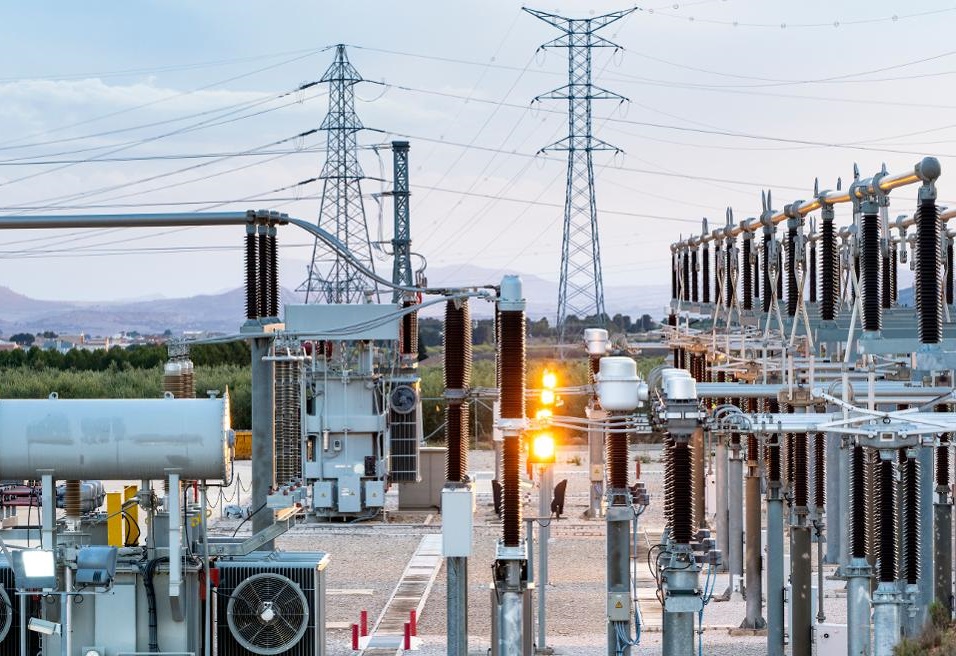Business
Unmetered Electricity Consumers Hit 7.8m

The Nigerian Electricity Regulatory Commission (NERC) says the number of power consumers on estimated billing have risen to over 7.8 million.
It was gathered that the number of unmetered power users increased from about six million in 2021 to the latest figure as at last year.
The NERC also revealed that Nigeria earned an estimated N4.4bn from the export of electricity in three months. It disclosed this in its just-released 2022 report.
According to the commission, “The huge metering gap for end-use customers is still a key challenge in the industry. It is estimated that of the 12,542,581 registered energy customers as at March 2022, only 4,740,114 (37.79 per cent) have been metered.”
This implies that a total of 7,802,467 power users are without meters and receive estimated electricity bills.
The NERC added, “A total of 85,510 meters were installed in 2022/Q1 as compared to the 79,978 meters installed in 2021/Q4.
“At a macro level, quarterly meter installations have been reducing as a result of the winding down of the National Mass Metering Programme phase 0.
“By comparison, the net metering rate dropped from 45.40 per cent metering as at December 2021 to 37.79 per cent in March 2022.
“This can be explained by the constant updating of Discos (distribution companies) customer base information as a result of ongoing customer enumeration”.
The commission, however, said it had continued to engage relevant stakeholders to ensure month-on-month increments in metering rate.
The report stated that the NERC was also instituting safeguards against the over-billing of unmetered customers by setting maximum limits to the amount of energy that might be billed to an unmetered customer during a period.
A report on January 2, 2023, disclosed that the Federal government will deploy six million meters, which would be deployed nationwide in the first and second quarters of this year to reduce the number of unmetered electricity consumers in Nigeria.
The report stated that the government disclosed in a December 2022 document on the review of the performance of the power sector/Nigerian Electricity Supply Industry under the current administration.
“We are perfecting plans for an additional six million meters under the second and third phases of the (NMMP) programme that will commence in the first and second quarters of 2023 respectively,” the Minister of Power, Abubakar Aliyu, stated in the document.
Meanwhile, the NERC, in its latest quarterly report, stated that Nigeria earned a total of $9.98m (about N4.4bn at the exchange rate of N440/$) from the export of electricity during the three-month review period.
On remittance by special and international customers, the commission stated that in 2022/Q1, no remittance was made by Ajaokuta Steel Company for invoices of N391.65m and N69.45m issued to it by the Nigeria Bulk Electricity Trading Plc and power Market Operator respectively.
It, however, stated that “during the same period, bilateral customers: Paras-SBEE, Transcorp-SBEE, and Mainstream-NIGERLEC received invoices of $2.72m, $2.74m and $4.61m from MO and each remitted $2.72m (100 per cent), $2.74m (100 per cent), and $4.52m (98 per cent) respectively.”
It added, “Odukpani-CEET received an invoice of $3.42m from MO during the period but no payment was made by this customer. The non-settlement of market obligations by this category of market participants should push MO and NBET to activate relevant safeguards for remittance shortfalls.”
Transport
Automated Points Concession : FAAN Workers Gave 72hrs To Revise Decisions In PH

Transport
FAAN Announces Pick-Up Points for Go-Cashless Cards

Business
Fidelity Bank To Empower Women With Sustainable Entrepreneurship Skills, HAP2.0
-

 News4 days ago
News4 days agoAmend Constitution To Accommodate State Police, Tinubu Tells Senators
-

 Politics4 days ago
Politics4 days agoSenate Urges Tinubu To Sack CAC Boss
-
Business4 days ago
Crisis Response: EU-project Delivers New Vet. Clinic To Katsina Govt.
-
Business4 days ago
President Tinubu Approves Extension Ban On Raw Shea Nut Export
-

 News4 days ago
News4 days agoDisu Takes Over As New IGP …Declares Total War On Corruption, Impunity
-
Business4 days ago
Fidelity Bank To Empower Women With Sustainable Entrepreneurship Skills, HAP2.0
-
Business4 days ago
President Tinubu Extends Raw Shea Nuts Export Ban To 2027
-
Sports4 days ago
NDG: Rivers Coach Appeal To NDDC In Talent Discovery

